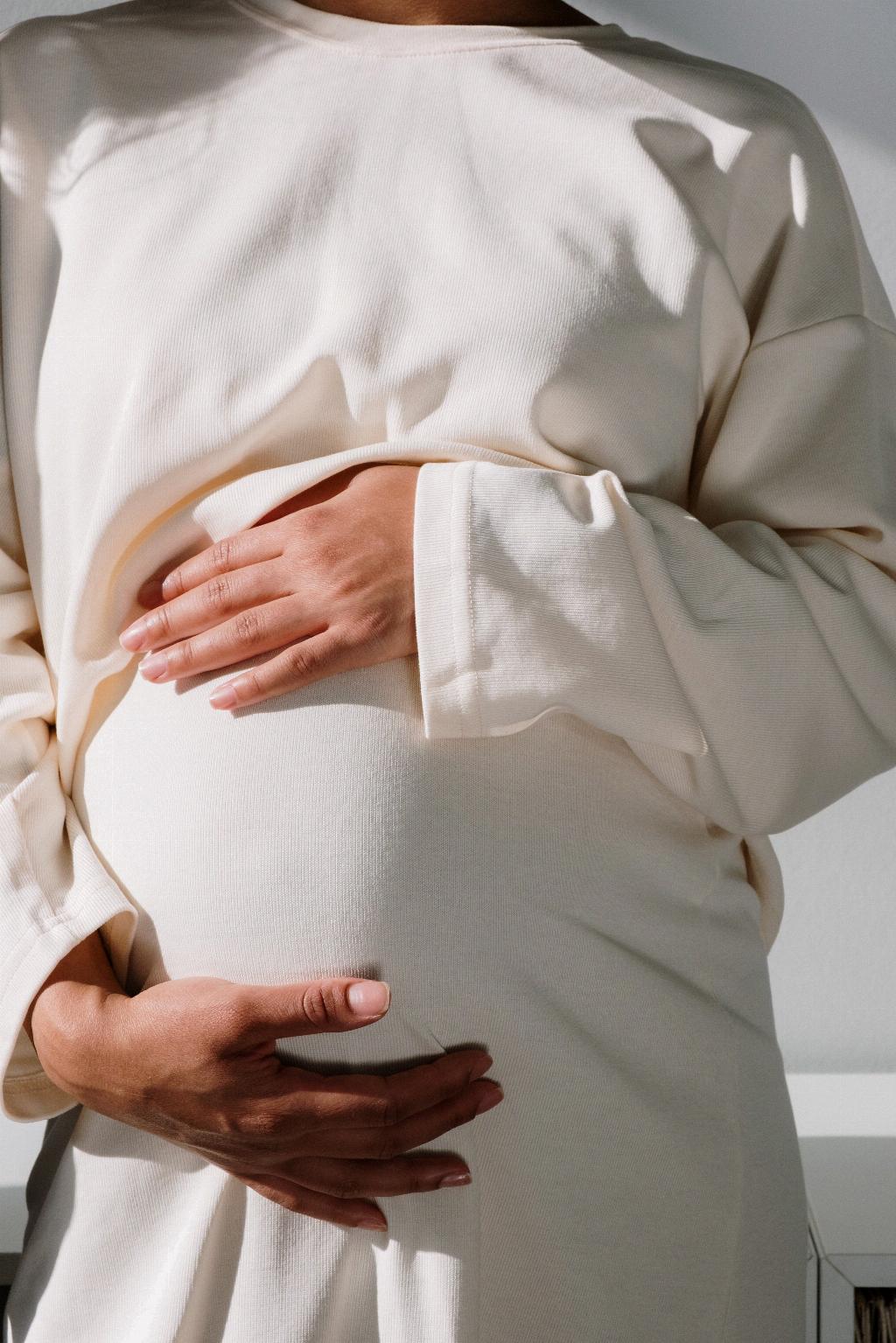One of the fascinating aspects of pregnancy is the many changes that occur in a woman’s body. From morning sickness to food cravings, the journey of pregnancy is unique for every individual. Taste buds play a significant role in this experience, as many women notice changes in their sense of taste during pregnancy. So, how early can these changes in taste buds occur?
It is interesting to note that taste buds can start to change as early as the first trimester of pregnancy. Many women may experience a condition known as dysgeusia during this time, which is a distortion or change in the sense of taste. This can manifest as a metallic taste in the mouth, making certain foods taste different or unpleasant.
For some women, the changes in taste buds may be one of the first signs that they are pregnant. The hormonal fluctuations that occur in the early stages of pregnancy can have an impact on the taste receptors on the tongue, leading to a heightened or altered sense of taste.
Although dysgeusia is most common in the first trimester, some women may continue to experience changes in their taste buds throughout their pregnancy. This can vary from person to person, with some finding that certain foods they once enjoyed now taste different, while others may develop cravings for foods they previously did not like.
It is essential for women to listen to their bodies during pregnancy, especially when it comes to changes in taste buds. While these changes are usually harmless and temporary, they can provide valuable insights into what nutrients the body may need during this crucial time.
Along with hormonal fluctuations, other factors such as heightened senses of smell and changes in metabolism can also contribute to alterations in taste buds during pregnancy. The body is undergoing significant changes to support the growth and development of the baby, and taste bud changes are just one of the many ways in which the body adapts to this process.
As each woman’s pregnancy journey is unique, it is essential to embrace these changes in taste buds as part of the miraculous process of bringing a new life into the world. From craving pickles and ice cream to being put off by the smell of certain foods, these changes are a reminder of the incredible transformation happening within the body.
While taste bud changes are a common occurrence during pregnancy, it is important for women to maintain a balanced and nutritious diet to support both their own health and that of their growing baby. Listening to your cravings and aversions can help guide you towards foods that provide essential nutrients for both you and your little one.
It is recommended to consult with a healthcare provider or a nutritionist to ensure that you are getting the necessary vitamins and minerals during pregnancy. They can provide guidance on dietary choices that can help alleviate any discomfort caused by taste bud changes and support the overall well-being of both mother and child.
In conclusion, the changes in taste buds during pregnancy can occur as early as the first trimester, with many women experiencing dysgeusia—a distortion in the sense of taste. These changes are a natural part of the pregnancy journey and can provide valuable insights into the body’s nutritional needs during this time. Embracing these changes and making mindful dietary choices can contribute to a healthier and more enjoyable pregnancy experience.

